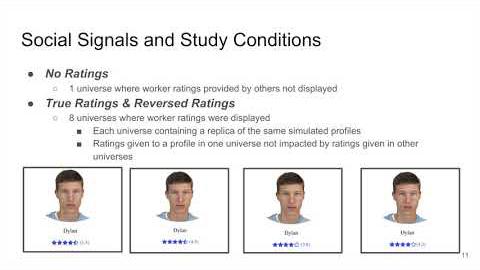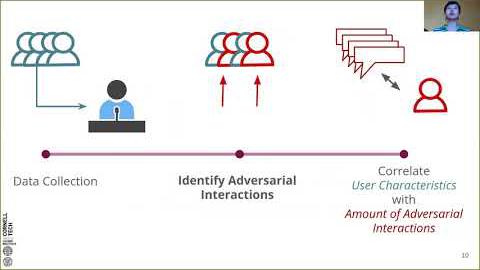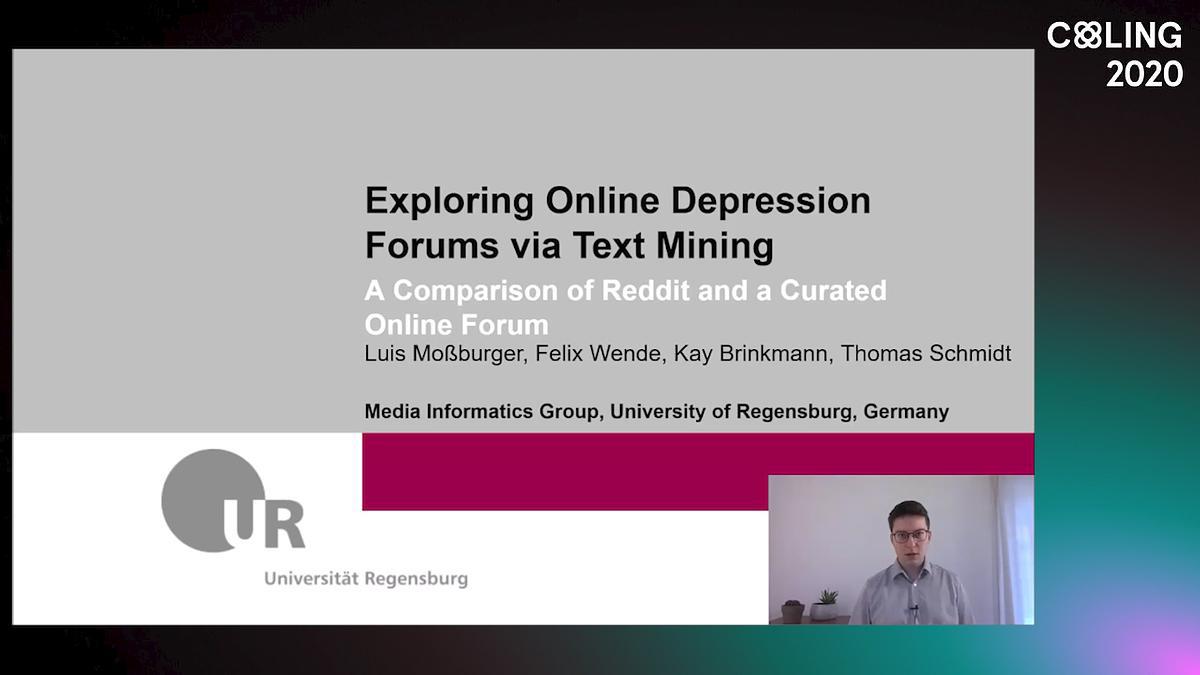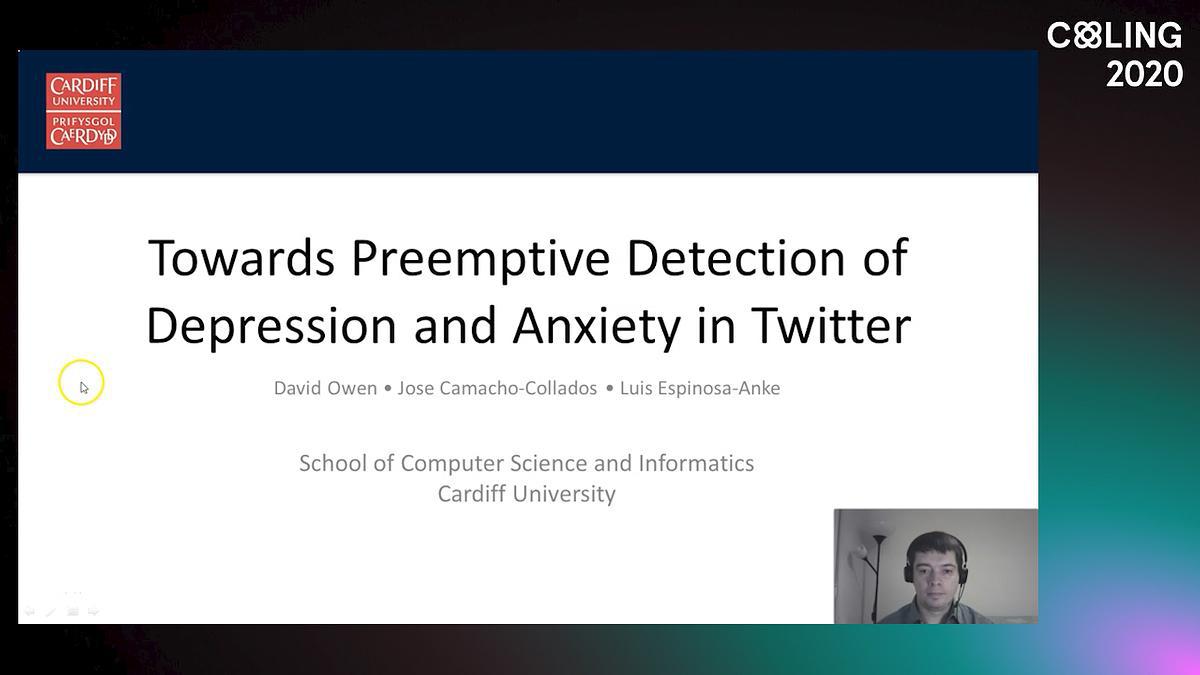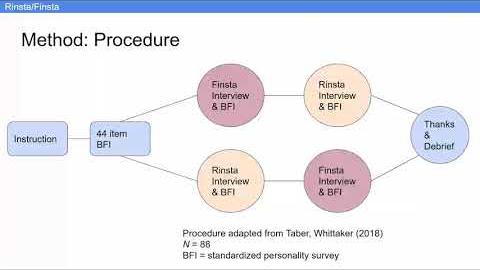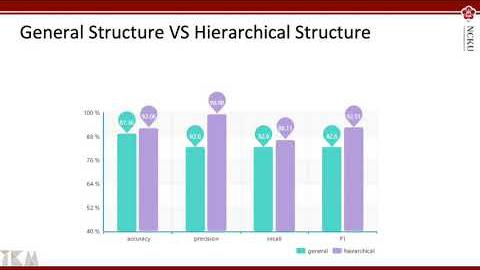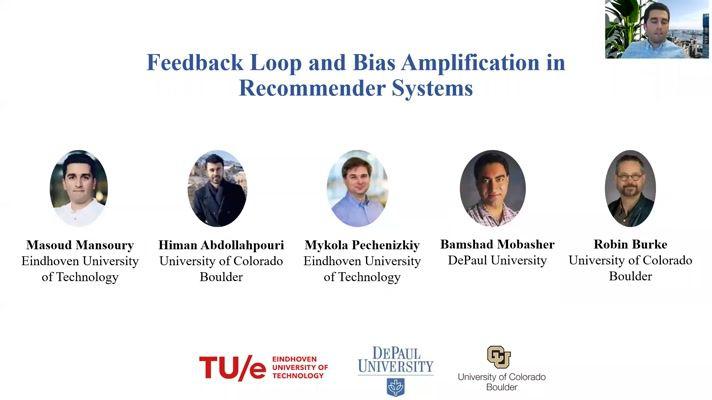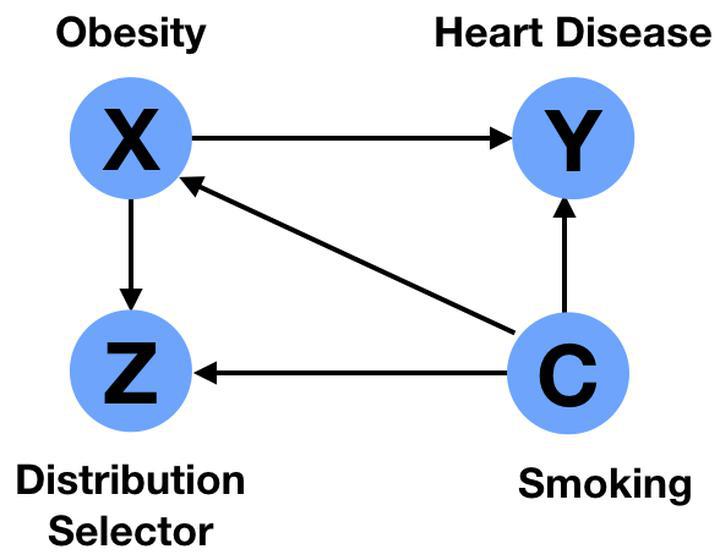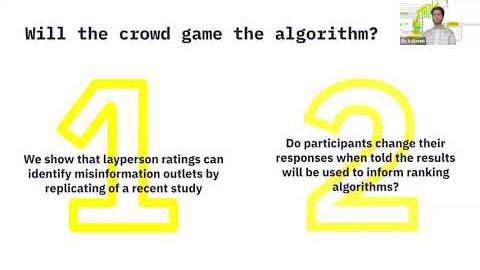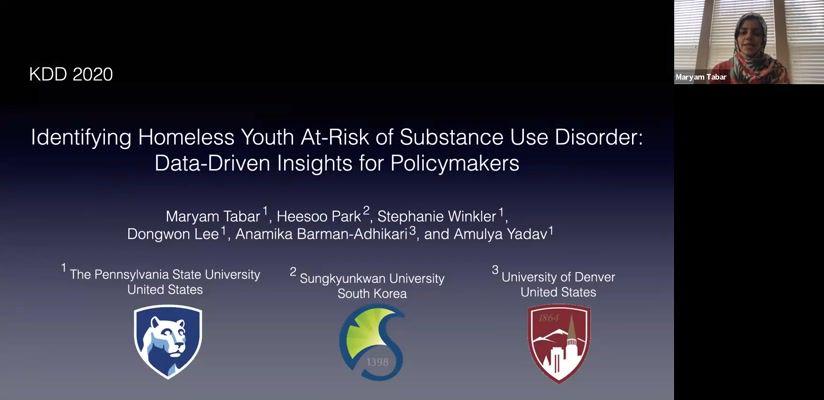Abstract:
Psychological research has shown that subjective well-being is sensitive to social comparison effects; individuals report decreased happiness when their neighbors earn more than they do.
In this work, we use Twitter language to estimate the well-being of users, and model both individual and neighborhood income using hierarchical modeling across counties in the United States (US).
We show that language-based estimates from a sample of 5.8 million Twitter users replicate results obtained from large-scale well-being surveys --- relatively richer neighbors leads to lower well-being, even when controlling for absolute income.
Furthermore, predicting individual-level happiness using hierarchical models (i.e., individuals within their communities) out-predicts standard baselines.
We also explore language associated with relative income differences and find that individuals with lower income than their community tend to swear (f*ck, sh*t, b*tch), express anger (pissed, bullsh*t, wtf), hesitation (don't, anymore, idk, confused) and acts of social deviance (weed, blunt, drunk).
These results suggest that social comparison robustly affects reported well-being, and that Twitter language analyses can be used to both measure these effects and shed light on their underlying psychological dynamics.


